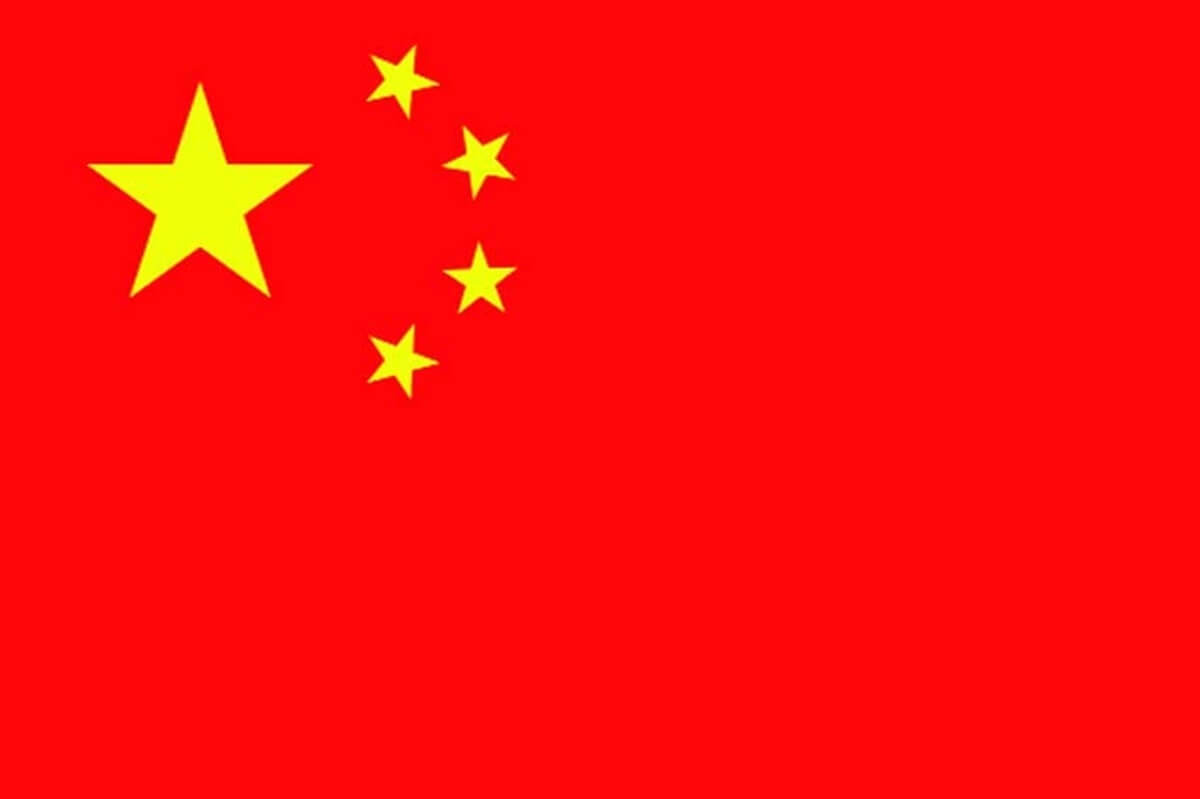China in the Eyes of Bangladeshi Print Media
Tarique Choyon | 17 January 2024
For 32 consecutive years, Chinese foreign ministers have been going to Africa for their first diplomatic trip early in January each year. According to China's Foreign Ministry, at the beginning of this year, newly appointed Foreign Minister Qin Gang set to continue the trend into 2023, with scheduled visits to "Ethiopia, Gabon, Angola, Benin, Egypt, the African Union Headquarters, and the League of Arab States Headquarters." But before Qin Gang arrived in Ethiopia, he made a surprise stop somewhere else on January 10, in Dhaka.
“On the early morning of January 10, 2023, local time, Foreign Minister Qin Gang had a brief meeting with Bangladeshi Foreign Minister Abul Kalam Abdul Momen at an airport in Dhaka during a technical stopover on his way to visit Africa. The two sides spoke highly of the friendship between China and Bangladesh and agreed to strengthen exchanges in the new year and jointly work for new progress in bilateral relations,” the ministry said in a statement but offered no further detail or explanation, including at the regular daily press conference on January 10. Before the stopover, quoting a Bangladeshi foreign ministry official, the Bangladeshi English newspaper The Daily Star also reported, "The meeting with the foreign minister will not be a formal one, but some issues of bilateral relations may come up." Though both China and Bangladesh emphasized that it was not an 'official' visit but merely a 'stopover,' the fact remains that Qin’s first in-person meeting of the new year – and, in fact, his first such meeting since assuming office – was with Bangladesh’s foreign minister. According to local media, Momen received his Chinese counterpart upon his arrival at around 1:58 am.
The two spoke for almost an hour. While this may appear insignificant to many, it offers a glimpse of China's recent engagement with Bangladesh to some extent. Like this growing engagement, Bangladeshi print media coverage of China has also increased in recent years. In the eyes of the media, China is perceived as a significant development partner and a crucial source of much-needed investment. One prevalent theme in Bangladeshi print media coverage of China revolves around the country's expanding economic influence in Bangladesh. China is now Bangladesh's largest trading partner and a significant source of foreign investment. Bangladesh Bank data says the country's yearly growth of Foreign Direct Investment (FDI) from China stood at 13.5%. In 2015, FDI from China was only $56 million (what %), which has increased 11.5 times in seven years. Chinese companies are involved in various projects in Bangladesh, from infrastructure development to energy and manufacturing. Currently, more than 670 Chinese companies are operating in Bangladesh. There is growing concern about China's expanding economic and military power and its increasingly assertive foreign policy.
Bangladeshi print media pays close attention to China's Belt and Road Initiative (BRI). This massive infrastructure development project aims to connect China to the rest of the world through a network of roads, railways, ports, and other infrastructure projects. Chinese President Xi Jinping launched the Silk Road Economic Belt and the 21st Century Maritime Silk Road initiatives in 2013. Afterwards, these were termed the Belt and Road Initiative (BRI). Also known as the New Silk Road, the BRI is an ambitious infrastructure project stretching East Asia to Europe. Through the BRI, China intends to engage in the global economy mainly through investments in infrastructure. This year marks the 10th anniversary of the BRI, and Bangladesh was the first among South Asian countries to join. Bangladeshi newspapers published reports and columns regarding 'How can Bangladesh benefit from the BRI'. For example, former Senior Secretary to the government of Bangladesh, Dr Md. Shamsul Arefin wrote, "Bangladesh can benefit from China's Belt and Road Initiative (BRI)," published in The Business Post on February 19, 2022. The Business Standard published a report (How China's Belt and Road is changing Bangladesh's infrastructures, October 01 2023) stating, "Apart from the government, Bangladesh's private sector has also taken loans from China. According to data from the Bangladesh Bank, the status of Chinese loans in the country's private sector is slightly higher than $2.33 billion.
The majority of the loans go to the power and energy sector.''However, Bangladesh is also growing concerned about the potential negative consequences of Chinese investment. Some critics have argued that China is engaging in "debt-trap diplomacy" by lending money to Bangladesh on unfavourable terms, intending to gain political and economic leverage, as they did in another South Asian country- Sri Lanka. Others have often expressed concerns about the environmental impact of Chinese projects in Bangladesh and the potential for Chinese companies to displace Bangladeshi workers. Mentioning the above issues, some Bangladeshi newspapers examined the potential negative consequences of Chinese investment in Bangladesh.
In addition to its economic footprint, China's growing military power is also a concern in Bangladesh. China has been rapidly expanding its military in recent years, and it is now the world's second-largest military spender (just after America). Some articles published in Bangladeshi newspapers examined China's growing military presence in the Bay of Bengal, while others have also been critical of China's human rights record. China has been accused of committing several human rights abuses, including the mass detention of Uighur Muslims in Xinjiang province. Bangladeshi print media has covered the pro-democracy protests in Hong Kong and the Chinese government's crackdown on dissent. Overall, Bangladeshi print media's coverage of China is nuanced and intricate.
Tarique Choyon is a Fellow of Centre for Governance Studies (CGS).
This article was originally published on The Daily Asian Age.
Views in this article are author’s own and do not necessarily reflect CGS policy.
